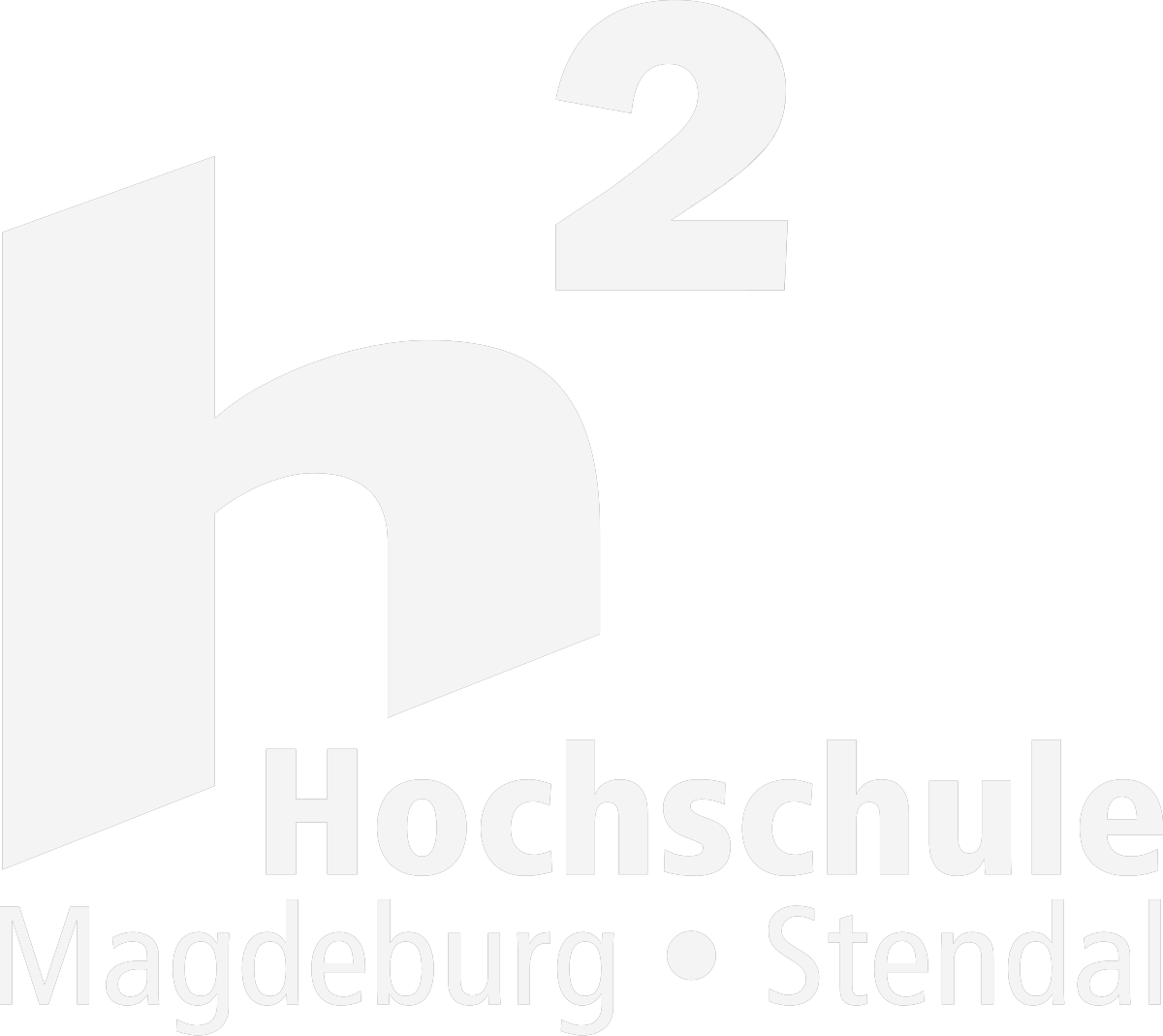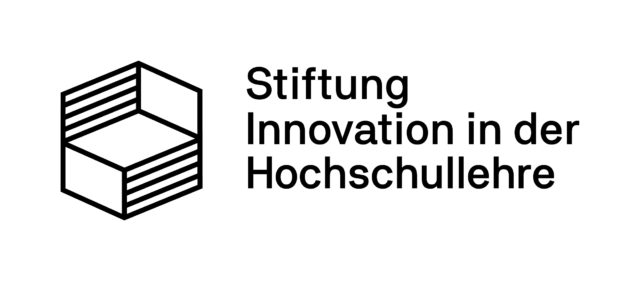A perspectives framework to encourage diverse viewpoints through dialogue in open, networked spaces: the RethinkLD project.
This on-site workshop, led by Professor Elizabeth Childs from RRU Canada, explores inclusive pedagogical approaches through innovative learning designs that foster critical thinking and relational pedagogies. Participants will engage in interactive sessions, discussing and applying a perspectives framework to promote deeper reflective engagement in networked learning environments. The workshop introduces the RethinkID tool, an open-source platform supporting scaffolded discussions with framework prompts to enhance learner participation and peer review.
Tuesday, May 21st, 2024, 12:00-14:00
Campus Stendal, House 1, Room AULA, on-site only
Workshop Description:
With a goal of providing more inclusive pedagogical approaches we have strived to find new innovative learning designs that create opportunities for learners to think and demonstrate criticality as readers and authors while prioritizing relational pedagogies (Harrison et al., 2022). As open educators, we seek to design more opportunities for collaborative and open ways of sharing that often transcend the design of traditional tools and spaces commonly found in higher education environments. As designers of networked learning experiences, we encounter pedagogical and epistemological tensions in our daily practice, as we critically engage with institutionally mandated curriculum, provisioned tools and resources, and the dynamics of our roles as leaders, advocates, and colleagues in a complex world. Beyond the technology that may be used to enable more collaborative, open, networked learning designs, we consider pedagogical tools and scaffolds as a means to more relational and inclusive pedagogy. Our ‘perspectives framework’ offers one such model for promoting an inclusive dialogue that opens up different kinds of spaces for reflection.
Since rich dialogue may occur in a variety of networked spaces, we chose not to use our institutional learning management system (LMS), intentionally, to promote learner ownership, open scholarship, anonymity, and options for permanence. One might choose to use a network of learner owned blogs, but we find that dialogue through blog comments somewhat fragmented and unconnected (Harrison, 2019). Social media may provide another venue, but these can be challenging environments for learners to develop their ideas and take on risks by thinking through different issues, lenses, settings, and role perspectives. We also acknowledge learners seek and create their own channels for private communication among students, especially when learning in a cohort over time. In this workshop, we seek to problematize this by exploring ideas of exclusion that may occur when learners can’t agree on a single space for this dialogue, often using popular social media services. I will discuss this as part of our workshop as well as the role that learner co-creation has in finding a networked space for this work, providing examples from two institutions who have taken the framework up in their courses and programs.
This workshop recognizes two key challenges to fostering rich, reflective, and inclusive dialogue in networked learning environments. First, the challenge of providing scaffolds to prompt reflection and create safe spaces that encourage learners to consider unfamiliar and diverse positionality and think outside their current frame of reference. Second, the challenge of how and where to host such discussions when learning in networked spaces that prioritizes ownership, inclusivity, and open sharing. The goal for this workshop is a highly interactive session where participants work in small groups and have an opportunity to discuss and share their lived experiences. Participants will have a chance to discuss:
- pedagogical strategies and frameworks to promote deeper reflective engagement in networked discussion.
- their experiences fostering discussion in both formal and informal networked learning environments that prioritize ownership, inclusivity, and open sharing.
Participants will then be tasked with interrogating the perspectives framework and applying it to a discussion topic. Small groups will be asked to respond to the topic using the model prompting them to consider different issues, lenses, settings, and role perspectives. This workshop will also introduce the open source RethinkID tool which offers a networked learning space for scaffolded discussion with the framework prompts embedded to support learner participation and peer-review. This tool is based on the WordPress content management system, allowing for student feedback prompted using the perspective framework that then becomes part of the learning resource. Access to the tool will be shared with all participants.
Participant learning outcomes:
- Participants will share and discover pedagogical strategies and frameworks to promote deeper reflective engagement in networked discussion.
- Participants will share and learn about how colleagues are designing learner discussions using formal and informal networked learning environments that prioritize ownership, inclusivity, and open sharing.
- Participants will apply the perspectives framework to a crowdsourced topic and critically share and discuss the outcome of its application in situ.
- Participants will have an opportunity to apply the model in the workshop and consider its merit for use in networked learning environments.
Professional Background:
Dr. Elizabeth Childs is a professor and Program Head of the MA in Learning and Technology program in the School of Education and Technology at Royal Roads University, Canada. She works and consults with a variety of sectors and governments nationally and internationally in online and blended learning and uses a human-centred approach to consider digital learning environments in a range of contexts.
Elizabeth is interested in the design, creation and implementation of flexible learning environments that incorporate the affordances of technology and provide learners with increased choice, flexibility and opportunities. With expertise in educational technology, instructional design, adult education and online learning, Dr. Childs’ research interests include online learning; openness and open pedagogy; creation of, and engagement in, online learning communities; design thinking and participatory design approaches; and, immersive approaches to training and professional development. She is part of the EiLAB research group and a few of the open projects she is currently involved in include Taking Making, the Fully Online Learning Community Model. and, Leading and Innovating in the Early Childhood Education Sector. She also facilitates in the MA in Climate Action Leadership at Royal Roads University.
More about Dr. Childs and the MA in Learning and Technology open program at Royal Roads University.
Moderation: Prof. Dr. Michael A. Herzog
This workshop is supported and funded by the Foundation for Innovation in Higher Education (Stiftung Innovation in der Hochschullehre). It was organized by the h2d2 project and the SPiRIT Research group.
veröffentlicht am 15.05.2024





